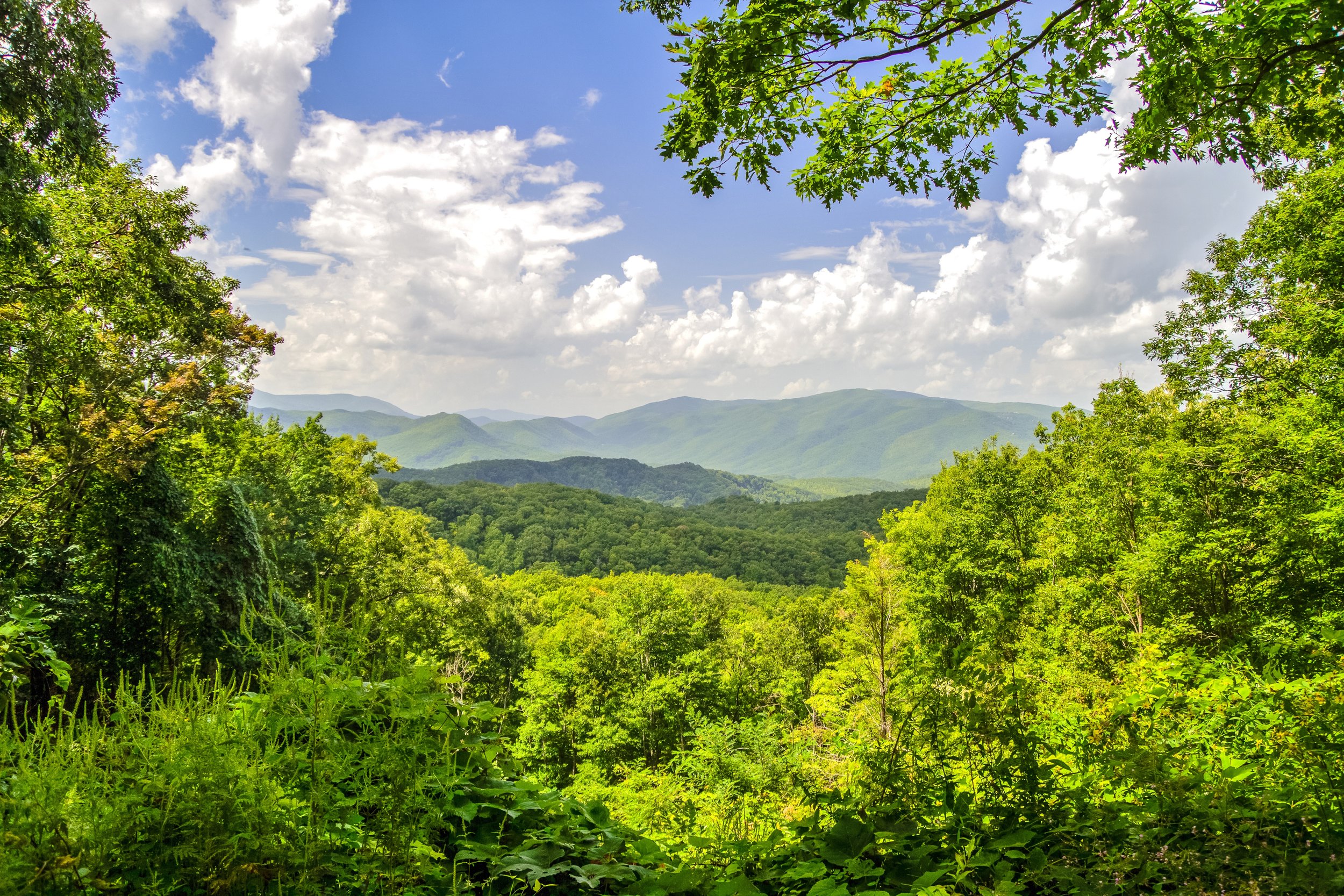
A note from Appalachian Voices Intern Holley Evergreen Roberts
I conducted these interviews in the fall and winter of 2024. These conversations reflect individuals and families engaged in the noble fight to stop fossil fuel expansion in their communities. In particular, these folks are impacted by the Tennessee Valley Authority’s proposed methane gas buildout across Middle and East Tennessee.
The power to shape narratives is, in my view, one of human beings’ most substantial superpowers. Unfortunately, too many Americans have bought into a narrative that shifts the blame for climate change away from the fossil fuel industry and politicians who support it.
In Appalachia, the story is the same. Today, it is outside industries and absentee landowners exploiting locals and their homes in the name of profit. Yesterday, it was the theft of land owed to freed Black people following centuries of enslavement. Also, it was the forced removal of Indigenous peoples from their native lands. When we tell our stories, we can interrupt these cycles and demand justice instead.
The interviewees in this series come from all kinds of social and political backgrounds. They are teachers, medical professionals, gardeners, builders, tech workers, cooks and community organizers. They each care a great deal about the landscapes and waterways they call home. They want their neighbors to know they are not alone. Across social and political differences, they are united in their opposition to TVA’s push for new fossil fuel expansion.
The feeling of a spiritual connection to the places under threat is a sentiment many interviewees express, too, even when their religious and spiritual backgrounds differ on the surface. That is to say, people who oppose these unnecessary fossil fuel buildouts in the 2020s tend to share the understanding that it is wrong to continue exploiting the Earth this way, especially when they see much less harmful options now available with cleaner, more renewable technologies.
I believe that the more people have the chance to tell their own stories, the more fortified they and their community members will be to resist the destruction of our beloved mountains and to push for a better way forward. As the saying goes, “Nothing about us without us.”
— Holley Evergreen Roberts (they/them), Tennessee storytelling project
